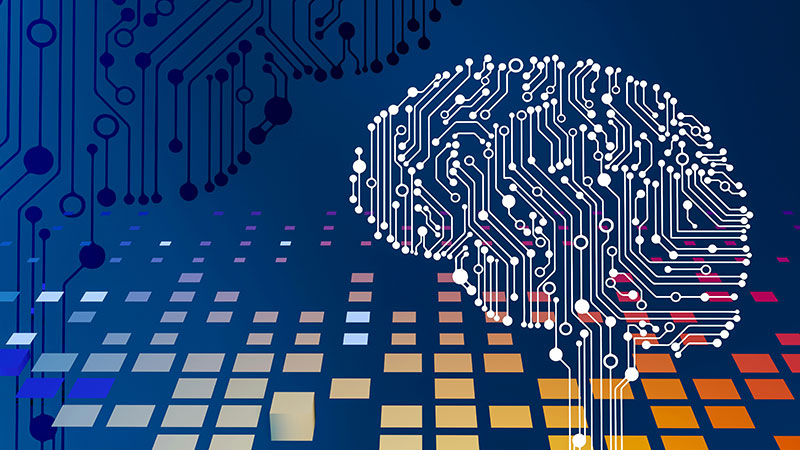The dawn of artificial intelligence (AI) has ushered in a transformative era for society and industry alike. This digital revolution, marked by the emergence of sophisticated algorithms and machine learning capabilities, is reshaping the way we live, work, and interact. But what does this mean for the future? How will the rapid advancement of AI technologies impact job markets, privacy, ethical standards, and the global economy? These questions are at the heart of understanding the AI revolution.
The AI Revolution: A Double-Edged Sword
AI, with its ability to process and analyze data at unprecedented speeds, offers immense opportunities for growth and innovation. Industries ranging from healthcare to finance are leveraging AI to streamline operations and deliver more personalized services. Justdone is a prime example of how AI writing assistants are revolutionizing content creation, enabling users to produce high-quality written material efficiently. However, this technological prowess comes with its set of challenges, including potential job displacement and privacy concerns, highlighting the dual nature of the AI revolution.
Transforming the Workplace
The impact of AI on the job market is profound, with automation replacing routine tasks and creating demand for new skill sets. While some view this as a threat to employment, it also opens avenues for workforce development and innovation. Companies are increasingly seeking individuals who can work alongside AI, blending human creativity with machine efficiency. This shift necessitates a reevaluation of educational and training programs to prepare the workforce for the jobs of tomorrow.
Ethical Considerations and AI Governance
As AI becomes more integrated into our lives, ethical questions surrounding its use become more pressing. Issues such as bias in AI algorithms, decision-making transparency, and the potential for misuse underscore the need for robust governance structures. Establishing ethical guidelines and regulatory frameworks that ensure AI technologies are developed and deployed responsibly is crucial for maintaining public trust and safeguarding individual rights.
The AI-Driven Economy: Opportunities and Challenges
The economic implications of AI are vast, with the potential to significantly boost productivity and innovation. However, this growth is not without its challenges. The digital divide, for instance, could widen as countries and industries at the forefront of AI adoption surge ahead, leaving others behind. Balancing technological advancement with equitable growth is essential for harnessing the full potential of AI for global prosperity.
Ensuring Privacy and Security in the Age of AI
With AI’s capability to collect, analyze, and store vast amounts of data, privacy and security concerns are paramount. Safeguarding personal information against unauthorized access and ensuring data integrity are critical challenges that need addressing. Transparent data handling practices and the implementation of advanced security measures are essential for building trust and ensuring the responsible use of AI.
Conclusion
The AI breakthrough brings a woven landscape of opportunities and issues which society and industry should take both into consideration. The questions raised at the outset find their answers in the dual nature of AI: the power of technology that can boost the economic growth to a new level, and the necessity to be concerned about the ethical issues, privacy, and employment security. The way ahead is based on the control of AI transformational powers while guaranteeing the development that promotes inclusion, equity, and responsibility. Through synergizing the roles of policymaker, technologist, and the public by driving them to harness the potential of AI, we can achieve the realization that the AI revolution is the one that is going to be good for all.
